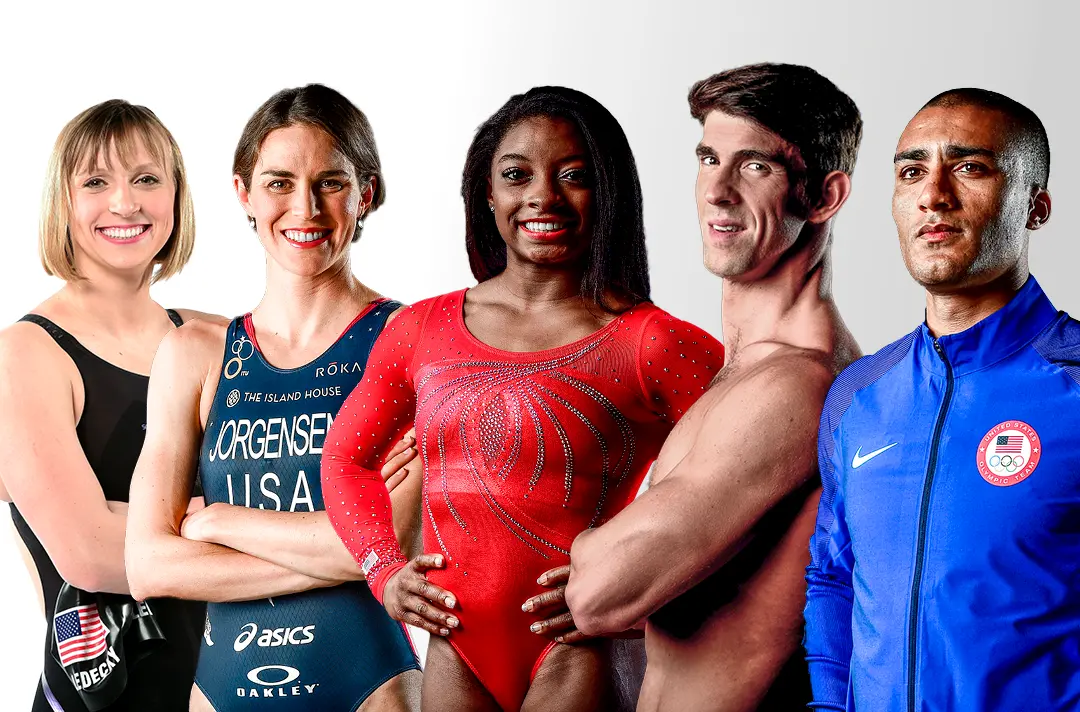Chris Paul’s driving, one-handed, game-winning hook-shot at the end of Saturday night’s Game 7 masterpiece ended one of the best first-round series in NBA history, knocked out the defending champions, and advanced the Clippers one round closer to a much-anticipated series with Golden State.
It also put into question the status of one of the greatest ever dynasties in professional basketball—that of the five-time champion San Antonio Spurs.
While Gregg Popovich intimated that the team will probably be back, there are some big, individual decisions to be made still—Tim Duncan and Manu Ginobili’s contracts have both run out—before anything is certain.
Popovich and Duncan have been working together for 18 years now and it’s believed Popovich will exit when the 39-year-old Duncan calls it quits.





